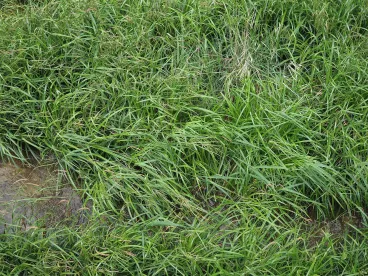As those who follow environmental matters have heard, the U.S. Supreme Court’s recent decision in Sackett v. EPA held EPA’s interpretation of the phrase “waters of the United States” (WOTUS) was applied too broadly to a parcel of residential property owned and filled with dirt by Michael and Chantel Sackett in Idaho. The Environmental Protection Agency (EPA) classified the property as WOTUS because it was a wetland located near a ditch that fed into a creek – which in turn fed into Priest Lake, a navigable intrastate lake. In the EPA’s view, the proximity of the wetland to the lake satisfied the definition of WOTUS because it was near enough to be deemed adjacent.
The Supreme Court ultimately disagreed, holding that the wetland was not a WOTUS. In a typically extensive opinion, the court said the EPA’s broad interpretation of WOTUS as applied to the wetlands in this matter was not warranted by the language of the Clean Water Act (CWA), which requires permits to discharge into “navigable waters.” The court criticized the EPA’s broad application of adjacency, arguing that “Congress does not ‘hide elephants in mouseholes’ by ‘alter[ing] the fundamental details of a regulatory scheme in vague terms or ancillary provisions.”
A concern the Supreme Court expressed a number of times was that an unclear WOTUS definition could unjustly support criminal prosecution under the expanded regulatory CWA for innocent conduct. According to the court, the meaning of WOTUS as interpreted by the EPA was “hopelessly indeterminate” and “the EPA’s interpretation of the phrase gives rise to serious penalties” with “crushing” consequences “even for inadvertent violations.” The court argued that because due process requires Congress to define the CWA’s criminal statutes “‘with sufficient definiteness that ordinary people can understand what conduct is prohibited’ and ‘in a manner that does not encourage arbitrary and discriminatory enforcement,’” the EPA’s expansion of WOTUS is a manner that encompassed the Sackett property was improper.
The court further noted that if “the CWA can sweep broadly enough to criminalize mundane activities like moving dirt, this unchecked definition of [WOTUS] means that a staggering array of landowners are at risk of criminal prosecution…” The specter of possible criminal jeopardy is raised several other places in the opinion – a total 14 times – and is one of the court’s primary pillars supporting its ruling.
At first blush, the Supreme Court’s invocation of criminal jeopardy appears justified because, as a result of the lenient scienter standard for most CWA crimes, the same conduct that supports the many CWA civil enforcement actions can also be prosecuted criminally. Here, because the Sacketts apparently knew they were filling the property the EPA had classified as wetlands, the conduct might, in theory, support criminal charges.
What the court neglected to acknowledge, however, is that the EPA has a policy that limits criminal enforcement to the most egregious violations. Under the EPA’s Exercise of Investigative Discretion policy, a one-time CWA violation with limited impact would be very unlikely to be deemed serious enough to be prosecuted criminally by the EPA. Similarly, the discretion of the Department of Justice is governed by its principles of federal prosecution, which require the evaluation of a number of factors before bringing criminal charges, including whether there is an “adequate non-criminal alternative to prosecution.”
The hand-wringing of the Sackett court about the risk of criminal enforcement for wetlands violations therefore seems excessive. Nevertheless, for those accused of an environmental crime that involves “elephants in mouseholes,” vague or overbroad laws, or is otherwise disproportionate to the “crushing consequences” of the charged violation, Sackett may provide a useful new tool for the defense.




 />i
/>i
